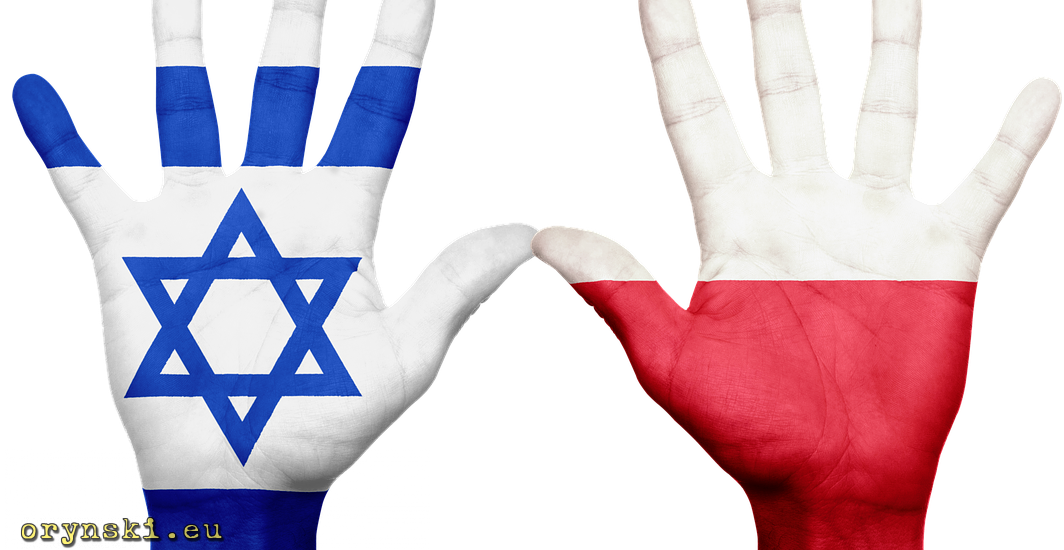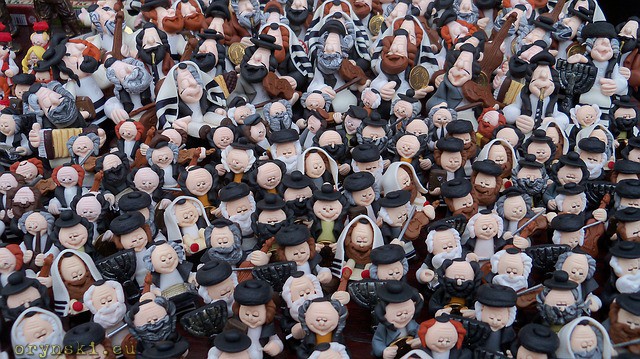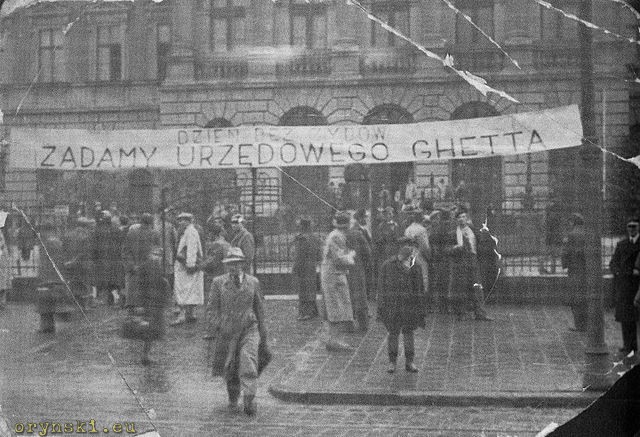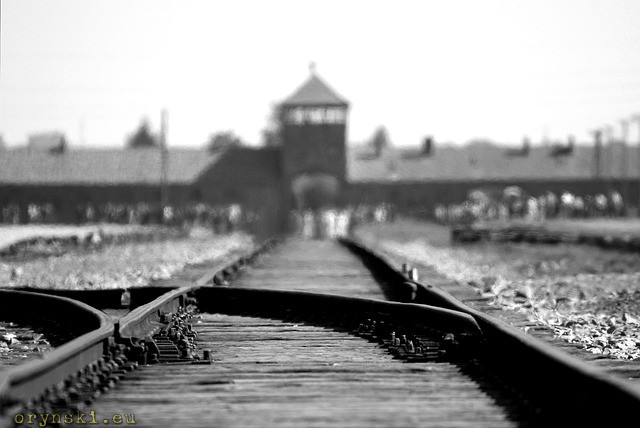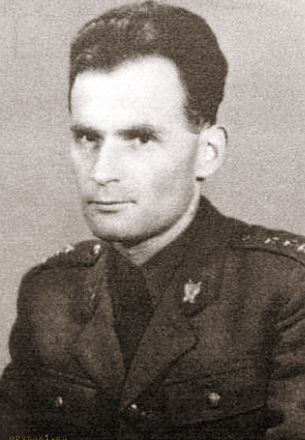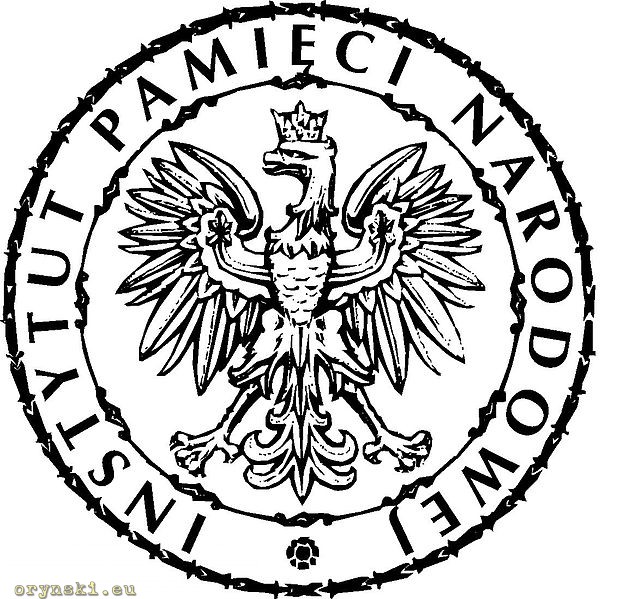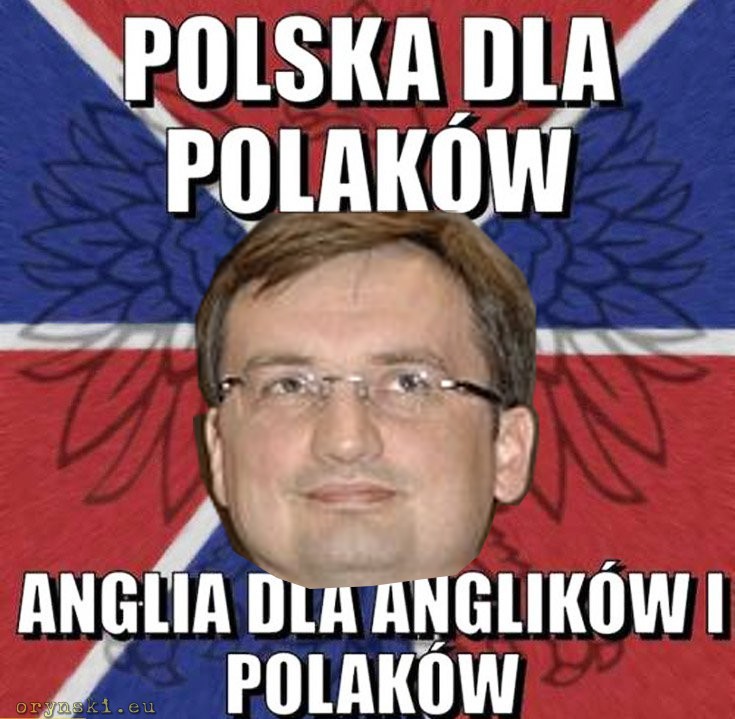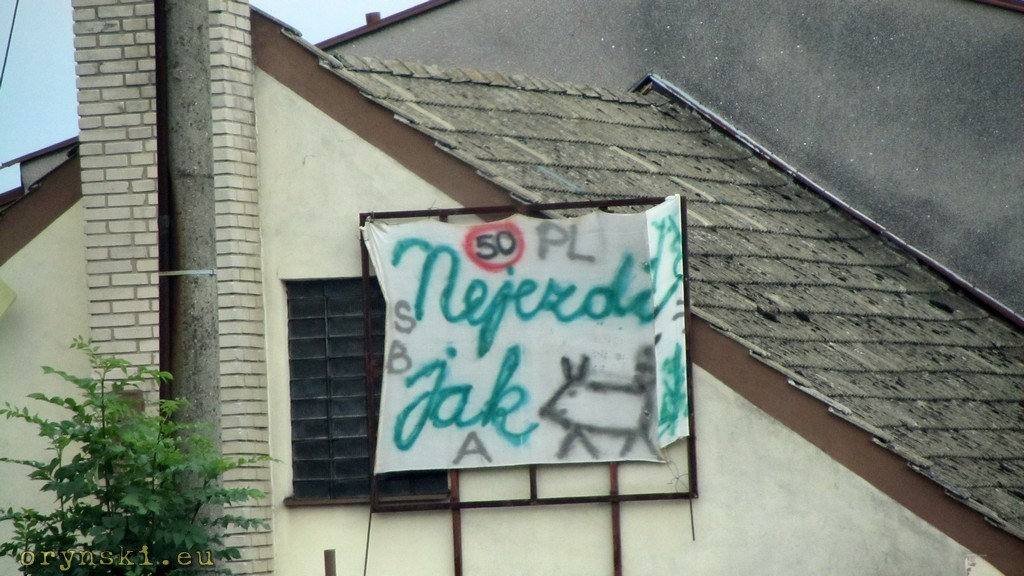The topic of Polish-Jewish relations recently often draws international attention. Depending of who’s talking, we can hear about Polish anti-Semitism, Jewish anti-Polonism and attempts to rewrite history coming from everywhere. Infamous Polish law penalising attribution of Nazi crimes to Poles was met with the outrage after it was portrayed by Jewish communities as yet another example of holocaust denial – unfairly, as with all shortcomings of that legal bill, it clearly referred only to unjust attribution of Nazi crimes to Poland.
Of course, there is a problem of anti-Semitism in Poland. But it is also the fact, that Poland is leading an uneven fight with being blamed for Nazi crimes – Jewish communities, especially in the USA, are trying to blame Poland in hope, that it will help them in their drive to demand money from our country. Just recently a Jewish baroness in British Chamber of Lords accused Poland on “illegally squatting on the property of 3 millions Holocaust victims”. Germans or Austrians are also not to keen to counteract, when the blame for Nazi attrocities falls on Poland. The Izraelis go even further, claiming that “Poles sucked anti-semitism with their mother’s milk”. So how is it, is Poland really such an anti-Semitic country? Let’s try to deal with some most common myths.
Claim 1: Poland was always a paradise for Jews.
Answer: It was no paradise, but they had it good there compared to rest of Europe.
Jews are present in Poland for over a millennium. While they were often persecuted across Eureope, in Poland they were always welcome. During last Jagiellonians the atmosphere became exceptionally friendly, they were granted several rights and king Zygmunt August even become the first King to give a Jew an aristocratic title. Poland of this time was known for it’s religious tolerance, so the Jews (and other religious minorities persecuted elsewhere) were coming not only from neighbouring countries but also from as far as Spain. Soon 80% of world’s Jews lived in Poland.
During Polish-Lithuanian Commonwealth times, Poland was still one of the friendliest European countries for Jews. They were not forced to assimilate and were considered to be a separate social class – alongside aristocracy, clergy, townsfolk and peasants. But as the Jewish businesses grew and become competition to those of the Polish and German townsfolk, it caused tensions. Catholic clergy became spreading absurd rumours about Jews killing babies for matzos and so on and those myths flourished, sometimes resulting with pogroms, despite the fact that unfair accusations against Jews were punishable with death.
In XVII century Polish Jews often become impoverished, just as the other citizens of the commonwealth in times of Ukrainian uprisings and Swedish invasion. That has led to radicalisation on both sides – the anti-Semitic sentiments became more present, while many Jews become more radical, which led to emergence of Hasidic movement.
During the times of partitions, the occupying forces decided to reduce the rights of Jewish population. The Jews themselves became divided – some decided to fight for Polish independence aside their Polish peers, some hoped that staying neutral will help them, and some tried to gain favours by siding with the occupants. From the religious point of view, two movements become visible amongst them: members of the Jewish Enlightenment tried to assimilate with Poles, while others followed Zionist ideas. Regardless of their situation, their population grew, and after the first World War One in ten of Polish citizens were Jewish.
Claim 2: There was anti-Semitism in Poland before War
Answer: Yes, there was, but it wasn’t as bad as some say.
From the beginning of the New Polish State, tensions between its Polish and Jewish populations were visible. Some Jews, afraid of the growing Polish anti-semitism sided with Bolsheviks during Polish-Bolshevik war. In result, the Jewish soldiers in Polish army were taken away from the front and interned. Later, Jews were not allowed to work in civil service. The ideologists of the Polish independence, such as Roman Dmowski, considered Jews, amongst other minorities, to be an obstacle in building new, independent Polish nation. Those ideas flourished on the right, which led to further discrimination, such as boycott of Jewish businesses or limiting access to education for Jews in the form of ghetto benches and numerous clausus. On some universities radical right forced all Jewish students to be removed.
A the same time many Jews were successful entrepreneurs, many of scientists were of Jewish descent. Some well paid trades – like lawyers or doctors – were in some places practically dominated by Jews. Jewish culture had strong influence on Polish life, as apart from those limiting themselves to Yiddish language – like Issac Bashevis Singer – many of assimilated Jews become cornerstones of mainstream culture: just to mention writer Bruno Schulz, poet Julian Tuwim or musician Władysław Szpilman and many, many more.
Claim 3: Germans organized Holocaust in Poland, as they knew that Poles will be happy to help them.
Answer: Not true. Nazi Death Camps were located in Poland for logistic convenience.
With Jewish population in Poland at over 3.4 millions, which in 1939 was the second biggest Jewish community in the world. Jews were making a quarter or a third of population of even the biggest cities like Warsaw or Kraków, and with people declaring themselves to be Jews reaching nearly 50% in some departments, the huge operation of mass extermination of the nation simply could not be located somewhere else.
Of course we have to remember, that all those anti-Semites who praised Hitler before the war for his anti-Jewish policies did not disappeared overnight. But many of them soon re-evaluated their view when they tasted their own medicine when Germans began to treat them as second category citizens. Others committed crimes against Jews, there were pogroms, some inspired by Germans, some self organized. But many Poles were also helping Jews. You cannot swipe all of them with the same brush.
Claim 4: Polish state was helping Germans in Holocaust.
Answer: On the contrary.
Poland was the only German-occupied country that had no form of government collaborating with the occupiers of any form. Moreover, the Polish underground government had a special department – Żegota – tasked to help Jewish population. Even former anti-Semites – like Zofia Kossak-Szczucka – were active in Żegota. We also have to remember Witold Pilecki, an agent of the Polish government in exile, who volunteered to go to Auschwitz in order to obtain information and organize resistance movement inside the camp.
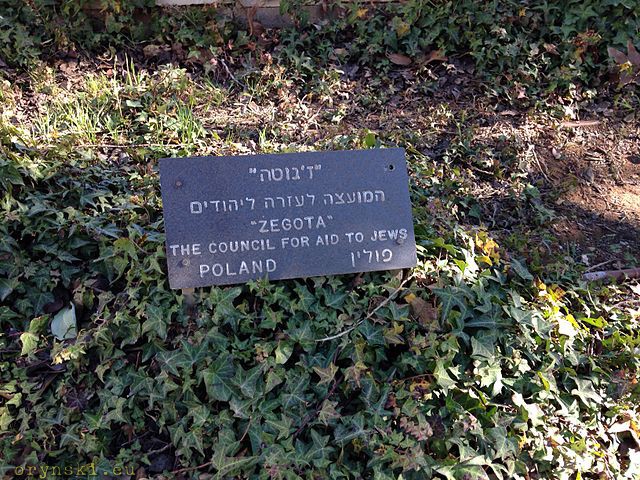
Claim 5: Ordinary Poles were working side by side with Germans to kill Jews, hoping to take over their property.
Answer: Some did, but it was not a rule.
It was true that some people were informers, others blackmailed Jews in order to extract money from them in exchange of remaining quiet.
But others risked risked their life to help – after all, over a quarter of all Righteous Among the Nations are Poles. And some of them saved more than one person – Irena Sendlerowa herself is said to have participated in rescuing over 2500 Jewish children and saved life of a few hundreds herself.
The truth is though, that most of Poles were not involved either way. We have to remember that while Holocaust was non-disputably the worst German crime of the war, it is not that Poles had it easy. During the war most people were just interested in survival of themselves and their families, not many were ready to risk the life their close ones (as helping Jews was often punishable by death of the whole family) to help a stranger. Many Poles also took over Jewish properties, but we have to remember that we can’t judge them by today’s standards: if there was a war, your house has burned down, and your neighbour’s house stood empty, as he was taken to a Death Camp most likely never to be seen again, wouldn’t you take over his place?
Of course while 85% of Polish Jews perished in the Holocaust, some has returned to their homes after the war ended, only to find them taken over by their old neighbours, who often also lost everything during the war, so were not too keen to return their new home to their rightful owners. That created further tensions and pogroms and with Poland falling under the Stalin’s rule, it has encouraged many of Jews to seek new homes in Israel.
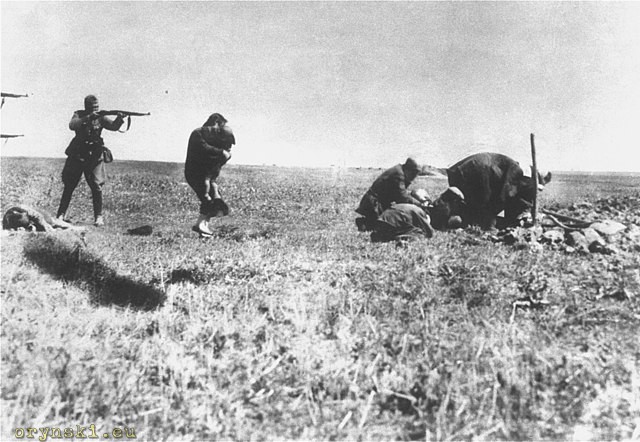
Claim 6: Jewish people were responsible for forcing Stalinism on Poles
Answer: This is partially true.
Many of Jews who stayed in Poland after the war decided to actively support new communist regime. People of Jewish descent were over-represented in newly created political police, army and Stalinist justice system. According to various sources Jews consisted 40% to 50% of the highly placed members in the institutions of oppression. Many of the freedom fighters, including famous war hero Witold Pilecki, were tortured and sentenced to death in staged trial. My grand-uncle recalled, that when he was arrested in 1940’s by the communist regime, he was arrested by a Jew, interrogated by a Jew, prosecuted by a Jew, sentenced by a Jew and placed in the prison run by a Jew. (But his defence lawyer was also Jewish).
Saying that, it is of course not that Jews were solely responsible for forcing Stalinism on Poland – of course most of Polish communist were still Polish.
Claim 7: There was Anti-Semitic battue in Poland in 1960’s
Answer: True
During 6-days war Polish communist government sided with Soviet Union in condemning Israel, despite that most of Polish population supported Jewish struggle against it’s Arab neighbours. The government answered with accusing opposition activist of being Zionists. They decided to use it to purge the party lines as well, hoping of the public support built upon the feeling of anger, that while many of the aforementioned Jewish communist criminals were removed from their positions of power during the Thaw, most of them were never made to answer for their crimes.
In result the huge scale anti-Semitic actions were undertaken. All Jews were accused of Zionism and thus considered untrustworthy. They were expurged from universities, the army, work places and “encouraged” to seek their new life abroad. As a result half of remaining 40 000 of Polish Jews were forced to emigrate – not only Stalinist criminals, but also well respected and fully integrated innocent Polish citizens.
* * *
So how the relations between Poland and Jews look today?
Only about 10 000 Jews remained in Poland till the end of communist, although their number began to grow recently. States of Poland and Israel enjoy relatively good relationship, although far right on both sides accused the opposing sites of various thing. Let’s try and look at some of the aspect of the current situation as well:
Claim 1: Poland owes Jews restitutions for the property they left behind in Poland and should pay money to Israeli/American Jewish Organisations.
Answer: In most cases – not true.
Of course there are some situations when that might be true, especially amongst the people forced to emigrate in 1968, but most of Jewish claims are simply invalid, if we consider following facts:
a) In Polish law acquisitive prescriptions laws state make, in most cases, impossible to invoke any claims to a property acquired by others after 30 years (this is of course more complicated).
b) Poland has signed deals with many countries in which for the payment of a fixed sum (in case of the USA for example it was a sum of $40 000 000.00) those countries agreed to sort the compensation claims for the property left in Poland raised by its citizen. Therefore, if an American (or French, Swiss, British, Norwegian etc.) person of Jewish heritage wants to obtain compensation for the property left by their ancestors in Poland, it should address their demands to their own country, not to Poland.
c) As per the property of the Jews who perished in Holocaust and left no descendants, Israeli claims to it are void altogether. We have to remember, that those people, while of Jewish origin, were citizens of Poland, and according to Polish law the property of people who left no heirs becomes property of the state. The state of Israel has not even existed when this property became a property of the Polish state, and, last but not least, constructing special provisions for the people of Jewish origin in the Polish law would be simply an act of discrimination.
Claim 2: Jews are lobbying to force Poland to make payouts.
Answer: True, but they have no legal basis for it.
Polish right is on alert after senator Marco Rubio prepared bill 447 (Justice of Uncompensated Survivors Today) according to US Jewish organisations should be compensated by Poland for properties of the Jews who perished in the Holocaust and left no heirs. Apart from the obvious fact that US senate or US courts have no jurisdiction in Poland, it would not be possible due to the reasons mentioned in a previous points. Therefore the Polish right’s hysteria, used to fuel anti-Semitic sentiments is completely unnecessary. Yeah, the US government, lobbied by Jewish organizations, might try to bully Poland into bending to their demands, but then it is even more important for us that instead of becoming an anti-Semitic Disneyland, Poland sits down with it’s European partners and explains the matter in hope to get support of the rest of the EU. Nobody would treat us seriously until we stop our anti-Semitic hysteria.
Claim 3: Poland wants to avoid taking their part of the blame for the Holocaust – hence the infamous law punishing mentioning of the Polish crimes during the war
Answer: Not really true, but…
While the bill was written really badly and was pretty much useless in legal terms (which is usual for the new legislation rushed by PiS without consultation in order to achieve some short term political gains) it did not wanted to punish people for saying that Poles did something wrong during the war. It merely wanted to make it a crime to untruthfully assign blame for the crimes perpetrated by Nazis to Poles. It was aimed to counteract the attempts to rewrite history by others that try to blame Poland for their crimes.
Saying that, the law (since revoked) would work on the basis of the work of the Polish National Institute of Remembrance. And this institution is highly politicised, used by the current government to shape their historical policy. The Polish ruling party tries to build a picture of Poles as incorruptible heroes, so it is hard for them to admit, that some Poles indeed committed war crimes, including murdering Jews. So in theory it would be possible that someone who blames Poles for pogrom in Jedwabne could get himself in trouble if the Institute’s official version was that it is Germans who are responsible for it. But in general the whole affair was simply a storm in a glass of water.
Claim 4: Poles don’t want to pay Jews for their war losses.
Answer: True. But why should they?
While Jews were no doubt the nation that suffered the most during the war, it is not that they were the only victims. Poles also suffered greatly, just as pretty much almost every nation in Europe. Of course there is matter of the uncompensated losses that occurred during the war, but Jews are not the only one who lost all of their belongings. Agreeing to Jewish demands would fuel sense of injustice present amongst Poles and other Eastern European nations who suffered behind the Iron Wall for half of the century struggling to rebuild their countries from ruin while Germans, who were responsible for starting the war in the first place, became one of the richest nations in Europe.
There are still plenty of people of many nationalities, who were never compensated for the property lost during the war or communist regimes in their countries. They came to terms with it, knowing, that (in simplification) under Polish law even if someone took the property in unlawful way, it can be claimed as his property after 30 years on the ground of usucaption laws. The Polish government cannot now decide to pay Jews for their lost property after nearly three times of this time only because they are Jewish. Especially, that voices heard from Israel or Jerusalem refer to the property that was unclaimed due to lack of inheritors and under Polish law such property becomes a property of the state.
But what about Terezin declaration from 2009? Does it not allow Jewish foundations to make claims on behalf of heirless victims of the Holocaust?
Yes, but it also clearly states that such claims have to be made in line with national and international law, and that they should not be discriminating. Demanding special treatments for the Jews only would require breaking all three of those reservations.
No wonder that such demands only fuel anger of the Polish right, who even organized a march against new demands recently. They see it as unfair that while Poland was never compensated for the war losses (Polish reperations were to be a percentage of Soviet ones, and since Soviets never accepted any, percentage of 0 is still 0), while Poland had to suffer for further 45 years under Soviet rule is now expected to pay compensations to the other victims of the war. This feeling of historical injustice is, in my opinion, fully understandable.
* * *
And what is my personal view on the topic of the Jewish claims? A six years ago I wrote a piece about it for a Polish portal (English version here). In short in my opinion the truth is, that the war has been terrible for everyone. Of course Jews suffered the most, but it’s not that Poland came out victorious and rich. On the contrary: Poland lost nearly 40% of its national capital, over 50% of it’s industry 43% of it’s cultural artefacts, and some of the cities were destroyed in over 90%. On the top of that the country has been betrayed by its allies and as a result of agreements from Teheran and Yalta felt into Soviet sphere of influence. One in five Polish citizens (over 6 000 000 of people, of which half were Jewish) were killed. Setting aside the question of if Poland is indeed a right country for others to complain for their losses during the war, it will be simply impossible to make everything just. I could be a heir of some properties in Warsaw, in central Poland, and in what is today Ukraine and Belarus. Most of those were left there when Poland’s borders were moved to the West, some others were nationalised by communist era. On the other hand, my family owns today a house in Wrocław, that was simply given to my Grandfather by Polish communist government when he arrived there to work as a special envoy of the Ministry of Industry in May 1945. That property used to belong to some German family, who, in turn, could be profiting from the German looting of Polish and Jewish property and so on. With so many buildings damaged, records destroyed, heirs missing and everything, it would be simply impossible to return to the pre-war state of things. It is just a gigantic Gordian knot. We’ll be never able to untie it. Leaving things as they are and moving forward would probably cause much less damage, suffering and injustice – especially that it won’t do any good for most of the people who really suffered. It will end up with that people of today, born decades after the war, will end paying up to some rich Jewish foundations in the USA run by other people born decades after the war. I fail to see how it can be called a justice.
But for some reason the right cannot let go of the past. The question of Polish reparations to Jews is stirred up every time the elections are coming in Israel, which in turn triggers anti-Semitic behaviours in Polish right. On the other right Polish anti-Semitism is a convenient tool for the leaders of the Polish right (including the ruling party), as they need some imaginary enemy, and what’s better than waking up already existing anti-Semitism moods by claiming that Jews are trying to take over Poland? Cutting that Gordian knot once for all would be good for everyone, except from those, who benefit from this conflict.
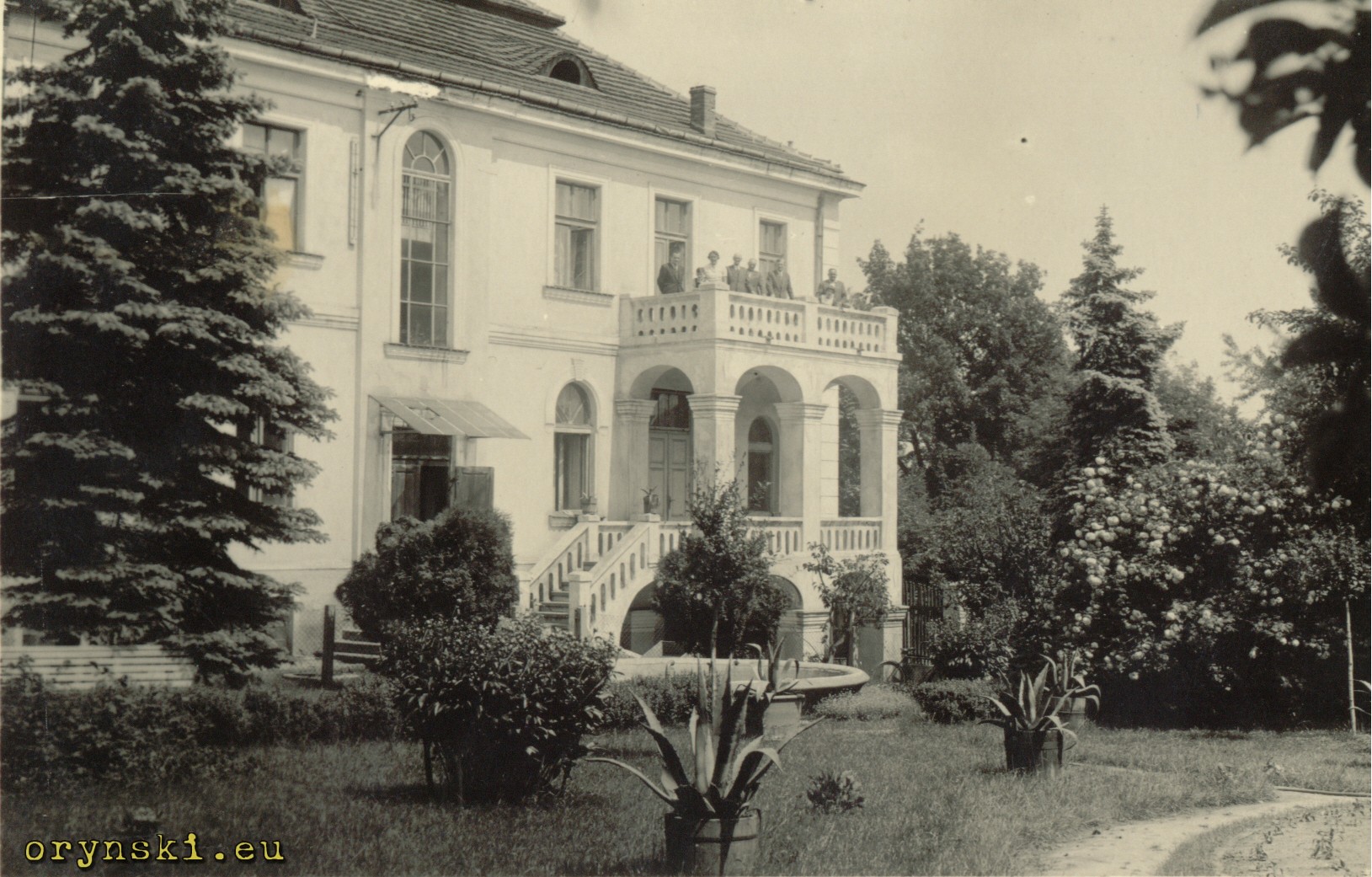
This piece was written for Britské Listy
Pictures: Public domain (unless otherwise specified)

